Home
Some 2.7 million people in Greater Manchester and parts of Lancashire and West Yorkshire, where many Muslims live, were put under tighter restrictions on the eve of Eid al-Adha. Wedding receptions, gambling in casinos and eyebrow-threading continued to be banned when the government decided to ‘squeeze the brake pedal’ to control coronavirus, in the words of Boris Johnson, the Prime Minister. Aberdeen was put back into lockdown. People would have to wear masks in church from 8 August. The sudden actions came after new cases rose from a probable 2,800 to 4,200 a day, according to a survey by the Office for National Statistics, based on 116,026 swab tests collected over six weeks, which found 59 people with Covid-19. At the same time, two million people shielding themselves at home were allowed to come out; 600,000 of these were in work. Some beaches in the south of England were crowded as the temperature rose to 100.04°F (37.8°C) at Heathrow, the third highest ever recorded.
At the beginning of the week, Sunday 2 August, total deaths from Covid-19 stood at 46,193, with a seven-day average of 65 deaths a day. But for the six weeks up to 24 July, total deaths from all causes fell below the average for the time of year. Approval for a new test for Covid-19 called LamPore (developed by an Oxford company), which takes 90 minutes, was expected by the end of the week, with half a million being available. In coming months 5,000 machines supplied by DnaNudge (an Imperial College start-up company in White City, London), which can analyse nose swabs, are planned to provide 5.8 million tests. The government urged pharmaceutical companies to have six weeks’ supply of drugs in reserve for the end of the Brexit transition period on 31 December.
A mixed bag of 36 peers were created, including Jo Johnson, the Prime Minister’s brother; Charles Moore, a former editor of The Spectator; Claire Fox, a former member of the Revolutionary Communist party and more recently a Brexit party MEP; Evgeny Lebedev, the owner of the Independent and Evening Standard; Sir Ian Botham the cricketer; and Gisela Stuart, Kate Hoey and Frank Field, once independent-minded Labour MPs. A former Conservative minister was arrested after a woman accused him of rape. Ricardas Puisys, feared to have been murdered in 2015, was found living in woods near Wisbech, Cambridgeshire, hiding from people who had exploited him. Documents published online and waved about by Jeremy Corbyn, the Labour leader, before last year’s election were found to have been stolen from the emails of Liam Fox; the government had blamed Russia for trying to influence the election by spreading the documents online. John Hume, a founder of Northern Ireland’s Social Democratic and Labour party, which he led from 1979 to 2001, and a joint winner of the Nobel Peace Prize (with the leader of the Ulster Unionist party, David Trimble), died aged 83. In one day 202 people in 20 vessels reached Britain across the Channel, bringing the year’s total to 3,583.
Abroad
The total number in the world who had died with coronavirus was 688,018 by the beginning of the week; a week earlier it had been 647,574. The Iranian government’s figures for deaths totalled more than 41,000, according to the BBC Persian service, not the 14,405 reported by its health ministry. Melbourne imposed a curfew from 8 p.m. to 5 a.m.. Stay-at-home orders were reimposed on millions in Manila and surrounding provinces. For the second time Ireland deferred the reopening of pubs. At least 41 passengers and crew on a Norwegian cruise ship, MS Roald Amundsen, were found to have Covid-19. Hong Kong postponed next month’s elections for a year. After liquor shops were closed in the village of Kurichedu in Andhra Pradesh at least ten people died from drinking alcohol-based hand sanitiser.
The former King of Spain, Juan Carlos, left the country. His name had been linked with a contract for a high-speed rail link between Mecca and Medina. Microsoft offered to buy TikTok’s operations in the US, a way to avoid the ban that President Donald Trump had threatened on the grounds that data from its users is at risk of exploitation by the Chinese government.
A big explosion in the port area of Beirut left scores dead and thousands wounded. The blast was felt in Cyprus, 150 miles away. Israeli launched air strikes against Syrian military targets after killing four men said to have been planting explosives on the Golan Heights. CSH
Got something to add? Join the discussion and comment below.
Get 10 issues for just $10
Subscribe to The Spectator Australia today for the next 10 magazine issues, plus full online access, for just $10.
You might disagree with half of it, but you’ll enjoy reading all of it. Try your first month for free, then just $2 a week for the remainder of your first year.

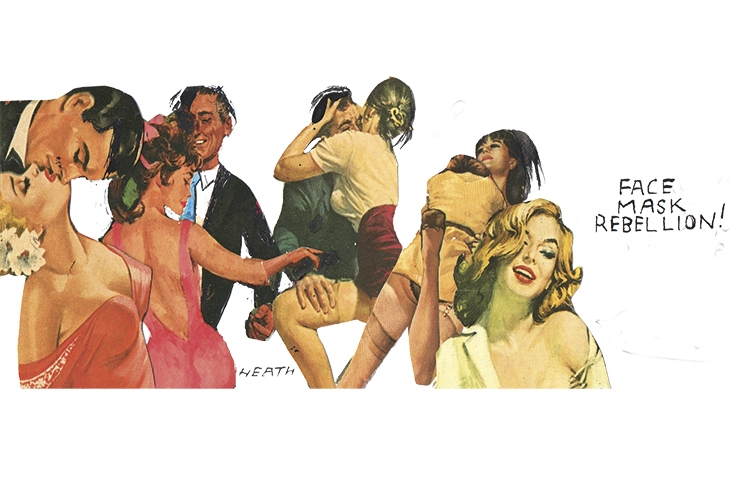
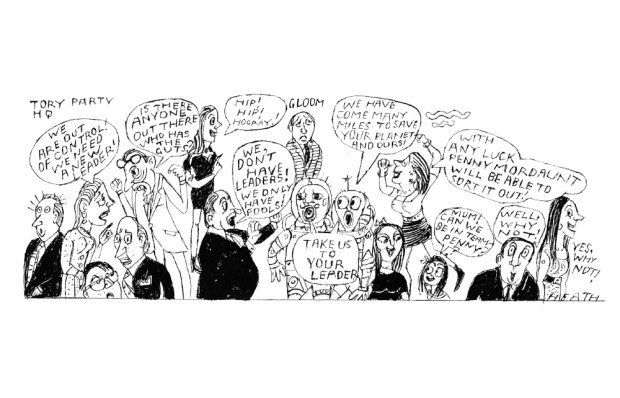

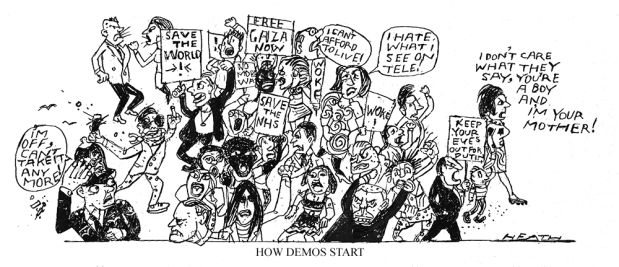
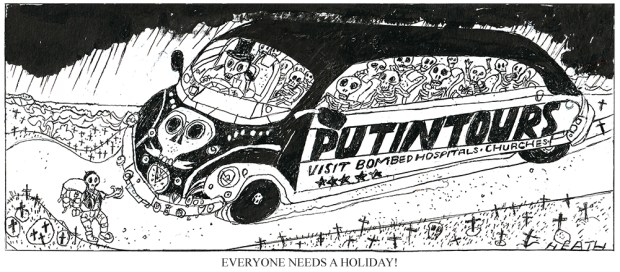
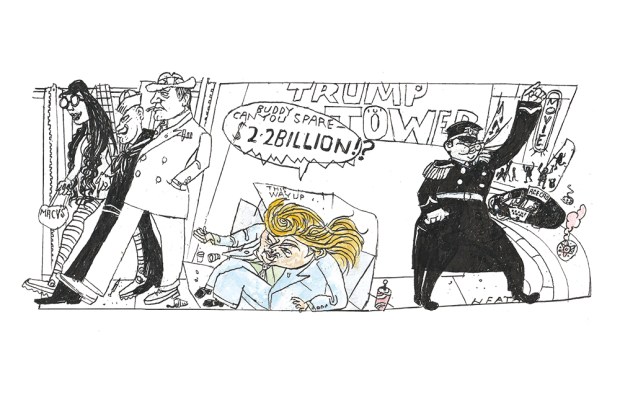
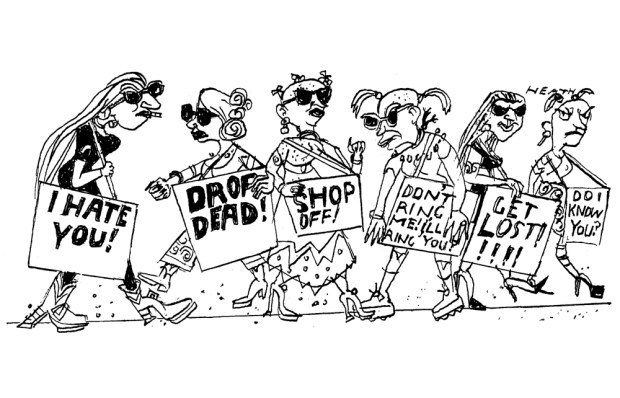






Comments
Don't miss out
Join the conversation with other Spectator Australia readers. Subscribe to leave a comment.
SUBSCRIBEAlready a subscriber? Log in